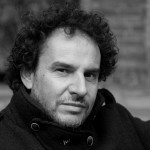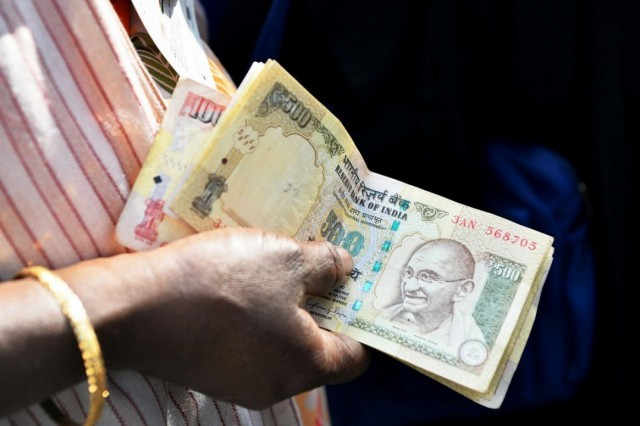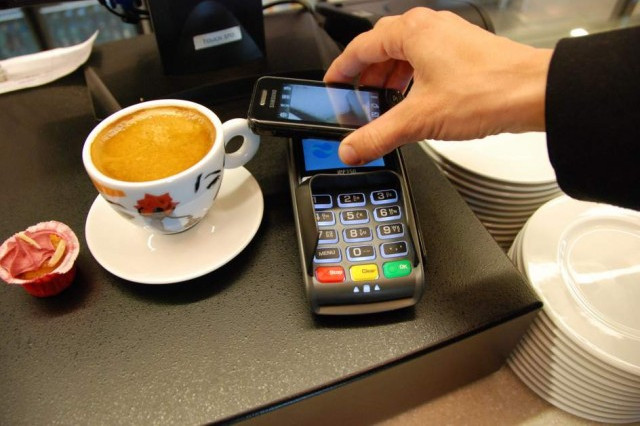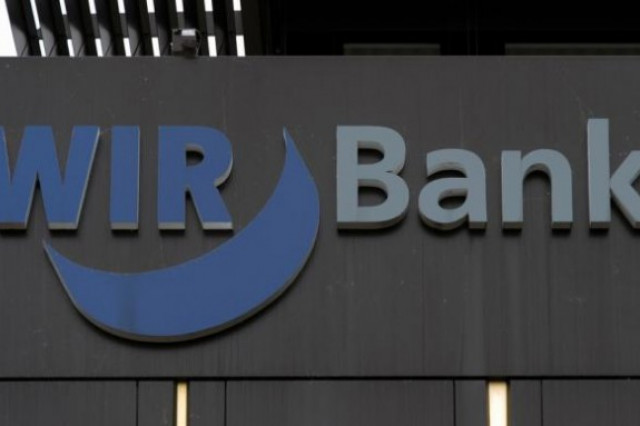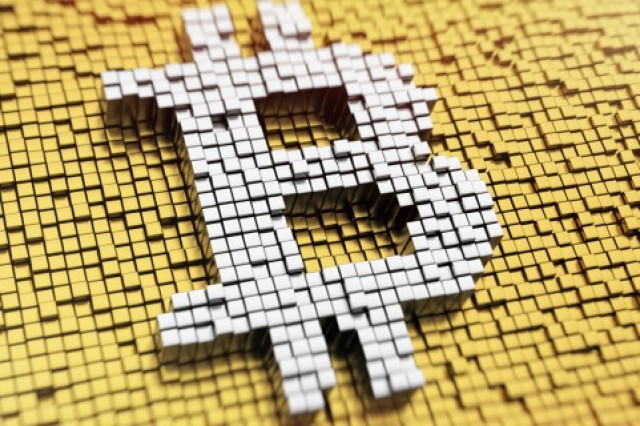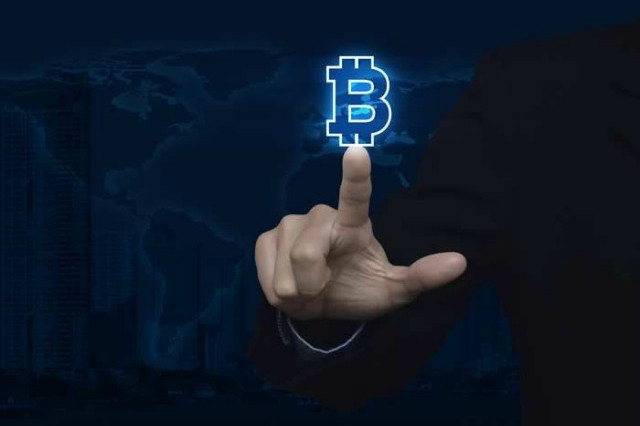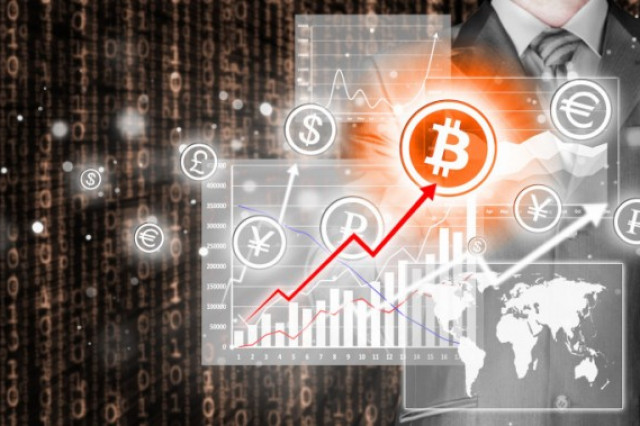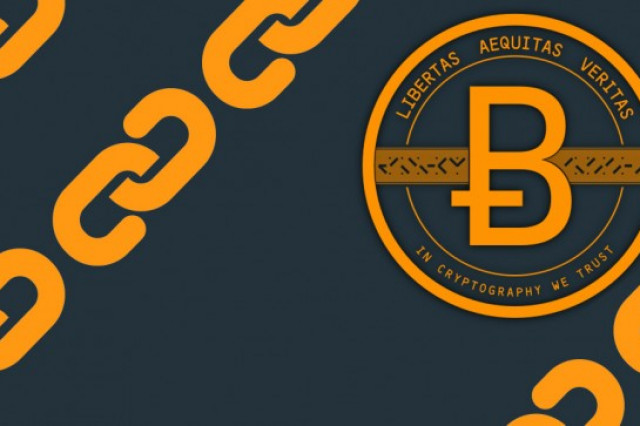The head of the American anthropologists' expedition could not believe what was happening. It was the year 1960, and after years of searching for resources, after a months' logistical preparation, the expedition was paralyzed by a mighty river in the middle of the thick jungle of New Guinea, because they did not have enough shells to pay to the indigenous people.
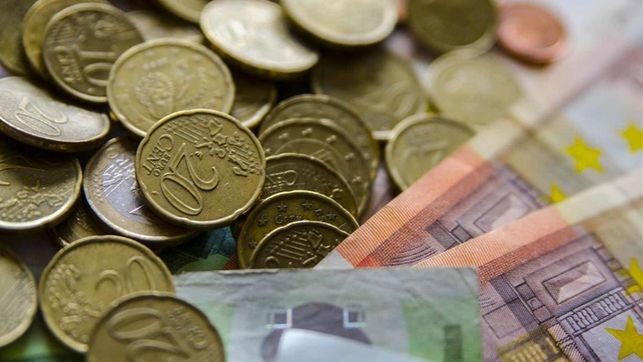
Their dollars were worth nothing compared to the oldest coin in the world: caurí or cipreas shells. It was evident that the cultural parameters of these two social groups, the western anthropologists and the natives of New Guinea, were so different that there was total disparity between what each culture had agreed to be money.
Money, understood as anything that the members of a community are willing to accept as payment for goods and debts, has had multiple forms before the emergence of currency, notes and computerized accounting ledger entries, to which we are accustomed.
The porters of the primitive tribe of the Asmat, whose social structure is comparable to that of our Stone Age ancestors, refused to continue guiding those pale and sweaty expeditionaries because they had no more sea snails shells to pay them with. For thousands of years, these soft-looking shells, like porcelain, made it possible for millions of people across the globe to trade all kinds of goods and products.
The caurí was humanity's first world currency. In its period of maximum splendour, the utilization area of cypresses covered all the coasts that the Indian Ocean bathe, and significant part of the lands and islands located in the western Pacific including China, Australia and the islands of Polynesia. the discovery of hundreds of them in the tombs of the Shang dynasty (1,766-1,046 BC), confirms that it was in use for at least four thousand years.
Money is a social convention that has allowed the development of increasingly complex and interrelated societies. But the most relevant question is: who has the power to create money?
Money is a social convention
Money is a social convention that has allowed the development of increasingly complex and interrelated societies. But the most relevant question is: who has the power to create money? Throughout history, this has depended on the primacy that each society has given to two basic and, in a way, antithetical characteristics of money: its availability and its security.
The British society of the eighteenth century, immersed in the task of expanding capitalism all over the world, caused it to underestimate the value of security in the process of creating money and, as a result, there was a strong liberalisation of development of money by private banks, compared to the previous real monopoly. However, successive banking crises in the United Kingdom during the first half of the nineteenth century determined that it was the liberal politicians themselves who again left the creation of money under a monopoly: the Bank of England. During the nineteenth century and the first half of the twentieth century it was a private institution, but under close government monitoring, although ultimately the Bank of England was nationalized in 1946.
The modern monopoly in the production of coins and notes by the Central Banks does not therefore arise as an appropriation by the State of a private initiative, but rather as the State's response to a deficient functioning of private initiative that caused cyclical crises. This also happened in the USA. At the beginning of the twentieth century, when the Federal Reserve was constituted in response to the demand of the big industrialists and financiers to guarantee their capitals and businesses, confronted with the continuous orgy of bankruptcies of small and medium banks in the west of the USA.
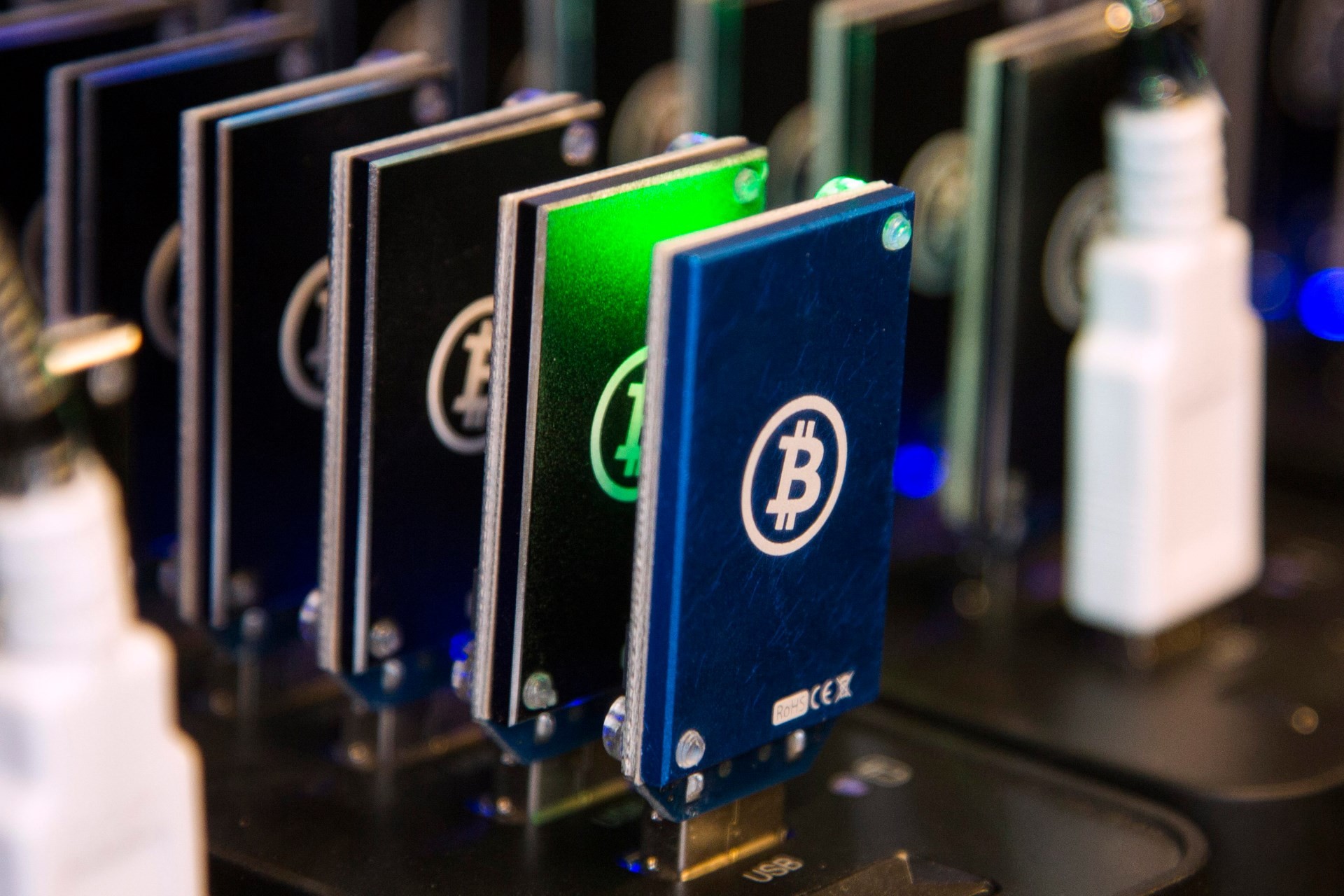
The financial crisis of 2007 was caused by excessive issuance of money by private agents, within the framework of increasing complexity and globalisation of the markets, which put in check a great part of the whole planet's economic activity.
It is clear that it is not neutral, in terms of satisfaction of human needs and in redistributive terms, that money is created either by private or public initiative.
Bank money (credits) is created only for those individuals, companies or public bodies that banks consider to be creditworthy, which in relative terms impoverishes even more those that are not considered as such. Financial crises occur when solvency criteria relax so much, to obtain greater profits, that banks start to make bad money (bad loans) in large quantities. Banks often behave like spoiled children: the benefits of creating money are immediate to them while the costs of creating bad money are long-term, and are usually paid for by others.
The only limit to the production of fictitious money by banks and other private agents always occurs a posteriori, through a crisis that destroys the junk money that has been generated. Inequality and macro-economic instability are therefore inherent in the processes of the absolutely deregulated production of private money (including shares).
The current situation continues to be characterized by strong deregulation that continues to allow banks and other private agents enormous freedom to create money
The current situation continues to be characterized by strong deregulation that continues to allow banks and other private agents enormous freedom to create money, an extreme example of which is Bitcoin and other similar virtual currencies.
The ability to put in place global financial institutions, capable of regulating the production of different types of money throughout the planet (or broad geographic-economic areas), will depend on making financial and commercial globalisation more inclusive and sustainable. Otherwise, we will enter a succession of speculative bubbles that will increasingly impoverish the weaker parts of society.


